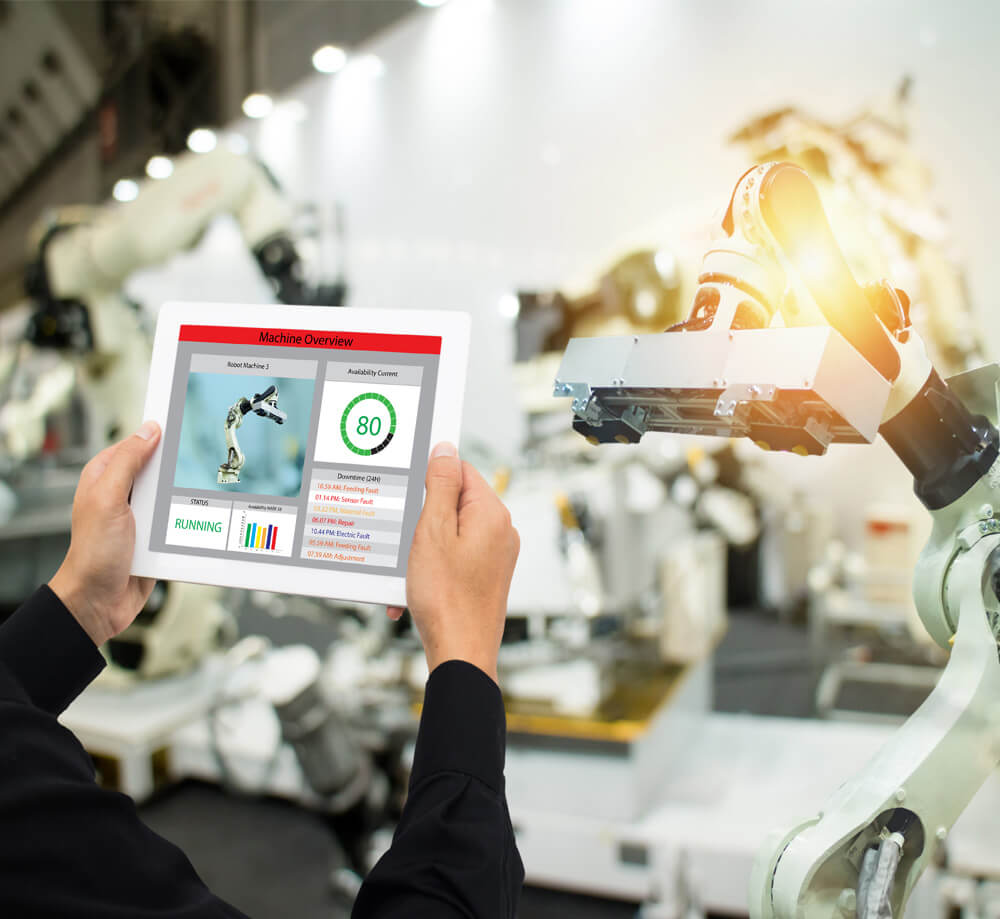Data Science & Manufacturing
IBM Forecast: Data Scientists demand in industrial sector will rise at 28% by 2020.
Data Science: 80% of maintenance time is spent reacting to broken parts and equipment failure.
Data Science: 44% of unscheduled downtime is due to ageing equipment.

